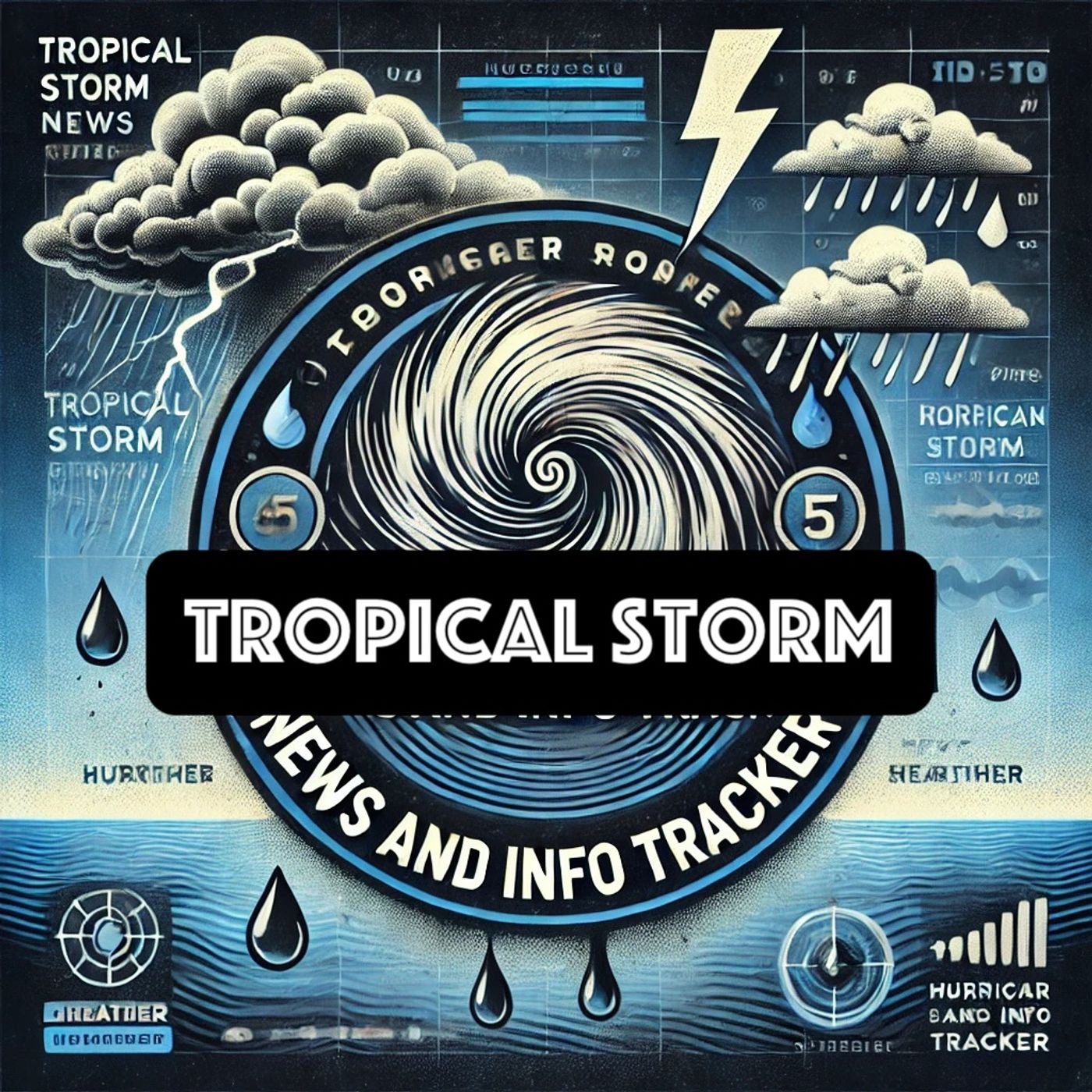Listen "Preparing for Tropical Storms: Inland Cities Like Atlanta Must Be Proactive"
Episode Synopsis
As we approach the 2025 hurricane season, it's essential to recognize that even cities not directly on the coast, like Atlanta, can still experience tropical storm conditions when systems make landfall. Tropical storms, which are characterized by wind speeds ranging from 39 to 73 mph, can cause significant disruptions, including heavy rain, flooding, and power outages. Being proactive in preparation can mitigate the impact of these storms, ensuring safety and resilience.First and foremost, staying informed is crucial. Monitoring weather forecasts and updates from reliable sources helps in staying aware of any storms approaching your area. The National Hurricane Center and local meteorological departments provide timely and accurate information that can guide preparations and actions.Creating an emergency preparedness plan is another essential step. This plan should include the identification of safe areas within the home, such as interior rooms on the lowest floor, away from windows, should strong winds and flying debris become a concern. Additionally, having a clear evacuation plan, especially for those in flood-prone areas, is vital. Knowing the best routes and having alternatives can save crucial time in an emergency.An emergency supply kit is a fundamental component of storm readiness. Stock up on essentials like non-perishable food, water (at least one gallon per person per day for several days), medications, flashlights, batteries, and first aid supplies. It's also important to have personal items such as copies of important documents, cash, and portable chargers for electronics.Home preparation can significantly reduce potential damage. Regularly inspecting and repairing roofs, doors, and windows can prevent leaks and breaches. Installing storm shutters or boarding up windows can offer additional protection. Ensuring that gutters and drainage systems are clear will help manage heavy rain and minimize flooding risks. It's also wise to secure outdoor furniture and loose items that could become airborne hazards in strong winds.For those with vehicles, maintaining a full tank of gas and keeping the car in good working order ensures that evacuation can proceed smoothly. Parking vehicles on higher ground and away from trees can offer additional protection against flooding and falling debris.Community engagement is also an essential aspect of preparation. Being involved in neighborhood emergency response groups or local community organizations can provide support and resources during storms. Sharing information and resources can enhance collective resilience and facilitate quicker recovery after a storm passes.Finally, after a storm, safety remains paramount. Downed power lines and floodwaters pose significant hazards, and it's crucial to heed official guidance on when it's safe to return home or resume normal activities.By taking these preparatory steps, individuals and communities alike can better withstand the impacts of tropical storms. Even inland areas like Atlanta can be vulnerable to the severe conditions these weather systems bring. Proper preparation not only protects lives and property but also contributes to quicker recovery and a return to normalcy following a storm.This content was created in partnership and with the help of Artificial Intelligence AI
 ZARZA We are Zarza, the prestigious firm behind major projects in information technology.
ZARZA We are Zarza, the prestigious firm behind major projects in information technology.
